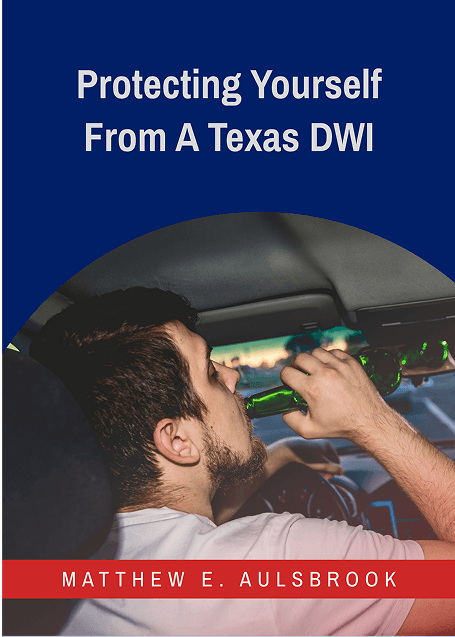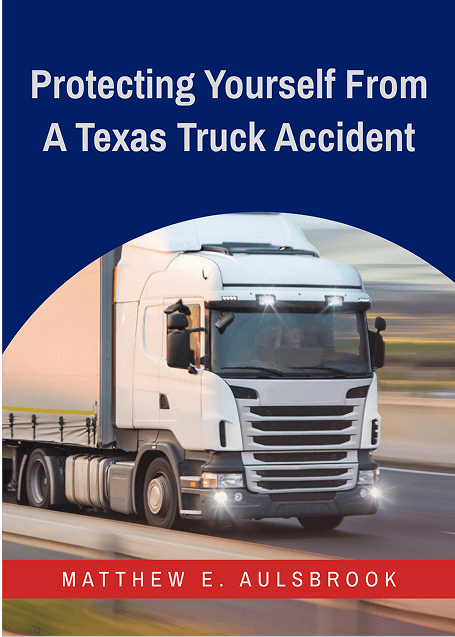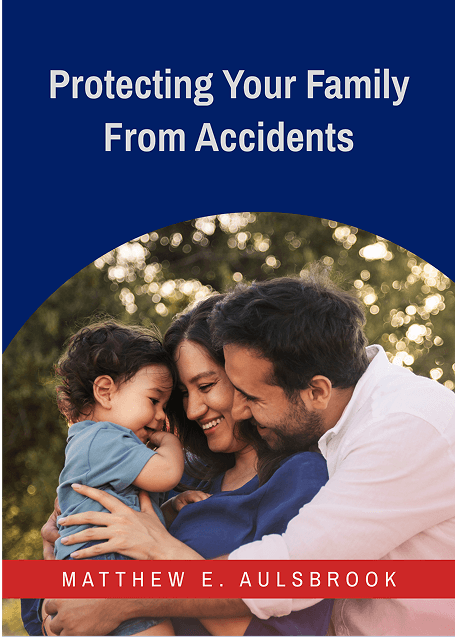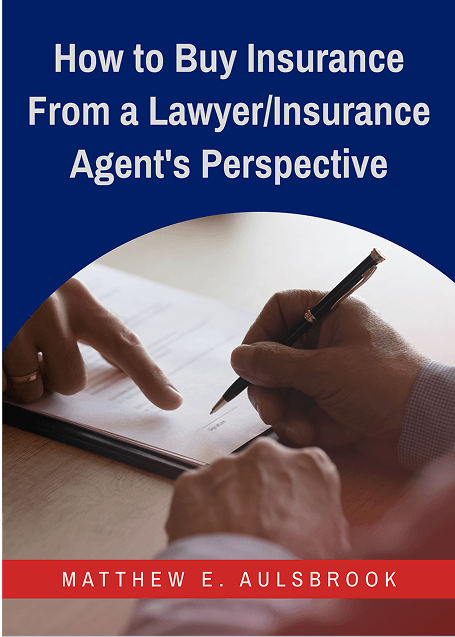Distracted teen driving is a common fact pattern we see it’s an epidemic across the country. Teens are more susceptible to having crashes due to distracted driving simply because they don’t have the experience that drivers that have been driving a longer period of time has.
In Dallas, a person eligible to start driving at age sixteen. Teens may be able to start driving if they have passed the test both the written and driving portion, including a driver’s education course with the requisite number of hours completed of Driver’s Education, and they could drive at 16. Teens can start a driver’s education course as soon as they turn 14 years old and 15 years old to obtain a learner’s permit. If a teen driver gets into an accident, there could be many consequences. For example, parents can be held responsible for the actions of a minor, which would be those drivers under 18.
Accidents involving teens or minors occur often due to many different reasons. If you were in a collision with a novice driver, you should seek help from a Dallas teen driver accident lawyer as soon as possible. A knowledgeable car accident lawyer could help you seek compensation for your damages.
Requirements for Teen Drivers
Teens 16 to 18 that have held an instructional permit for at least six months are eligible to apply for a provisional license, and they have to have completed 30 hours of supervised driving, 10 of which has to be at nighttime, certify completion of seven hours of driving instruction by an instructor, certify completion of seven hours of observation instruction by an authorized instructor, passed the behind the wheel driving test and have no traffic infractions or violations within the prior six months.
Insurance Coverage For Teenage Drivers
For the most part, if the teen driver has a driver’s license and the parents have properly added the kid to their car insurance, and there is an adequate policy limits in place, it will not matter because there will be coverage, at least from a financial perspective, it is because the insurance company will pay out damages resulting from the crash.
Dallas Teen Driver Accident Lawyer Near Me (817) 775-5364
What Should a Parent Tell Their Teenage Child To Do After An Accident?
One of the best ways to encourage good behavior is to model appropriate behavior and that’s particularly important with driving because their children will probably mimic a lot of their driving habits, it means that if they wear seatbelts, their child is more likely to do the same.
Alternatively, if they speed and engage in risky behaviors, their teenager is more likely to adopt those dangerous behaviors. When they make safe maneuvers, and their teenager is in a car with them, explain what they are doing and why, this will help show them why it is a good idea to follow their example. Set strong rules on driving such as no passengers and no distracted driving, that will help prepare them and to avoid an accident.
If a teen is in an accident, the first thing they need to do is call 911 and seek medical attention if necessary. If there’s nobody severely injured on the scene, then make sure to get information from the other party including their name, contact, and insurance as well as take pictures and video of the scene.
Contact a Dallas Teen Driver Accident Attorney Today
Teens are more likely to text or use a cellphone while driving and are more at risk for accidents caused by the poor driving decisions, including speeding and drunk driving. They’re also more likely not to wear a seatbelt because they drive with too many passengers in the vehicle.
A Dallas teen driver accident lawyer could help ensure that the injured party receives compensation that covers the full value of their case. This is going to include financial losses, as well as covering medical expenses or lifelong treatment, which is incurred as a direct result of the crash and the negligence of the driver. Schedule a consultation to get started on your case.












